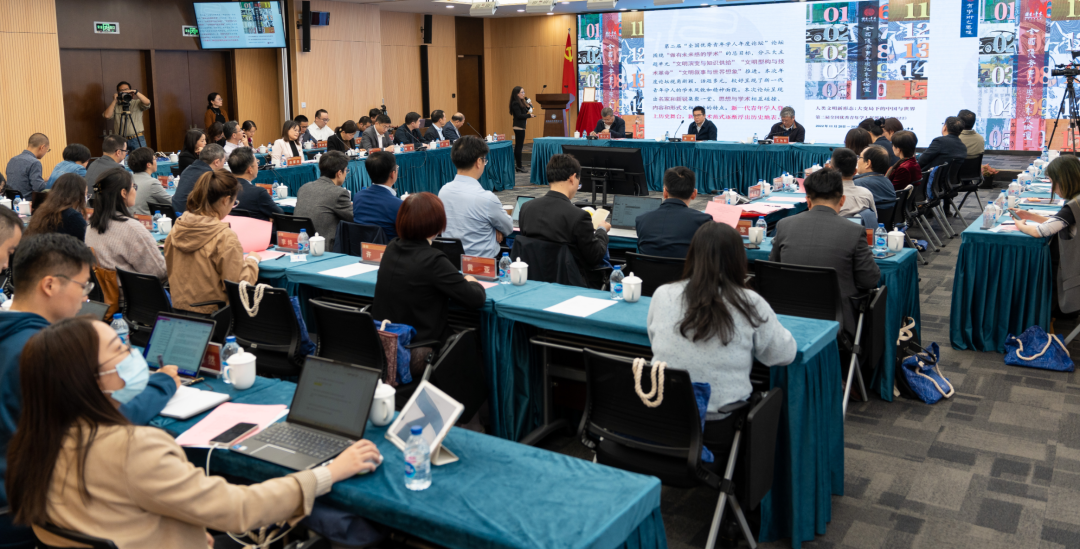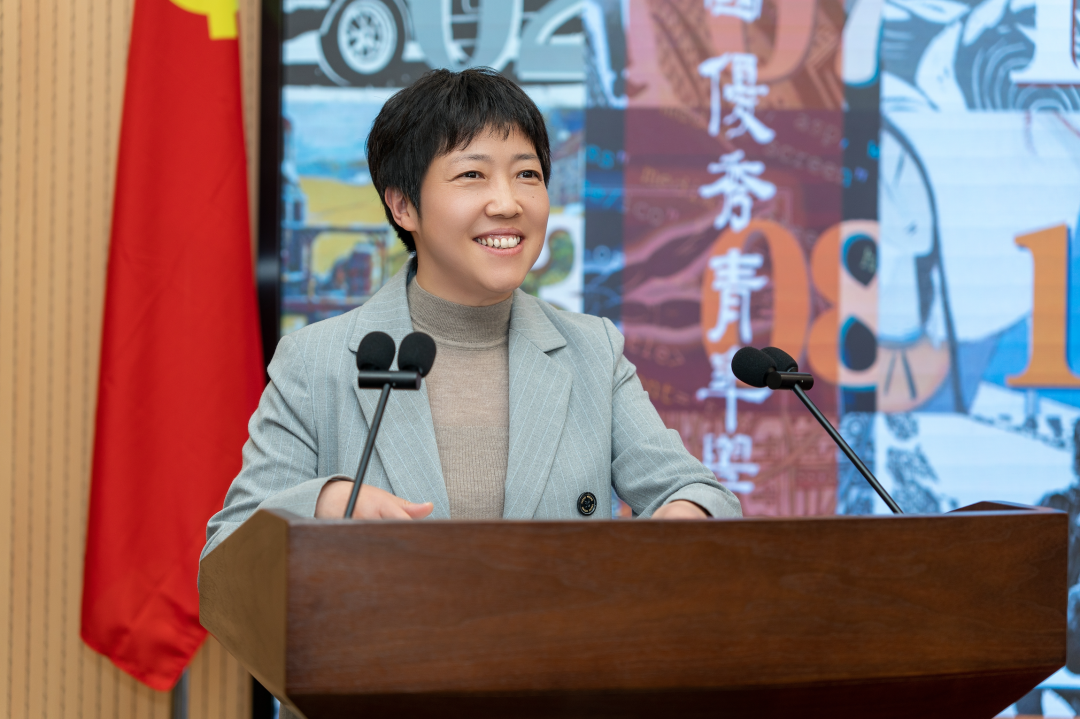Zhang Shuangli: Modern complex society and the new form of human civilization from the perspective of Marxism

The First Shanghai Social Science Youth Wangdao Forum 2022, which was sponsored by Shanghai Social Science Center affiliated to Shanghai Federation of Social Science Associations and hosted by the Editorial Department of Exploration and Free Views, was held in Shanghai. The forum was attended by 300 people, on line or off line.

Prof. Zhang Shuangli, Deputy Dean of the School of Philosophy of Fudan University, and Young Changjiang Scholar of the Ministry of Education, delivered a speech with the title: Modern Complex Society and the New Form of Human Civilization from the Perspective of Marxism.
The speech addresses the new concepts of the “Chinese path to modernization” and “creation of a new form of human civilization”. These two concepts take grips with the fundamental dilemmas of modern complex society and try to find solutions in Marxist philosophy and Hegel’s thought. Zhang Shuangli pointed out that Hegel had an insight into the fundamental internal contradictions of modern complex society and the unethical elements of civil society, thus invalidating the market moralism stance in classical political economy.
Compared with the traditional world, the modern world has opened up the field of civil society between family and state. Classical economists represented by Adam Smith concluded that the emerging commercial society could allow individuals to freely pursue their own interests, besides, it would inevitably bring about common good and then form a community with the help of the market and its own internal complex mechanism. But Hegel saw the self-destructive development tendency of civil society. On the one hand, particularity is the principle of civil society in the final analysis. Specifically, every individual regards himself as the authority, which makes it possible for the right of subjective freedom truly takes roots. On the other hand, the constant development of universal relations between people brings with it an external universal power. The co-dominance of these two principles will turn individuals in civil society into sober and refined egoists, causing extreme polarization of the rich and the poor and widespread self-alienation, thus inevitably leading to the collapse of community. Therefore, Hegel proposed the solution of a “substantive state”.
Marx took Hegel’s insight into modern civil society as the basis of his own thought, but surpassed Hegel in three aspects. First, Marx further gave play to the “late-comer advantage”. With the help of Tocqueville’s observation of North American society, he pointed out that modern politics is kidnapped by civil society and is likely to fall to the fate of the latter’s tool, while the Hegelian “substantive state” had never existed since the beginning of modern society.
Secondly, Hegel failed to recognize the domination-subordination relationship between people in civil society, while Marx reinterpreted the relationship between family, society and state from the complex structure of bourgeois class domination. In particular, Engels’ national economics and his research on the poverty of the working class enabled Marx to distance himself from Hegel’s concept of civil society.
Thirdly, Marx recognized Hegel’s internal dilemmas of modern society as the self-negating development logic of capitalist society. This understanding has further deepened and expanded in the later development of Marxist theory, and also left a possible way to solve the problem, thus providing a theoretical perspective for us to appreciate the modern Chinese revolution and work out how the Chinese way of modernization might get out of such a crisis.

